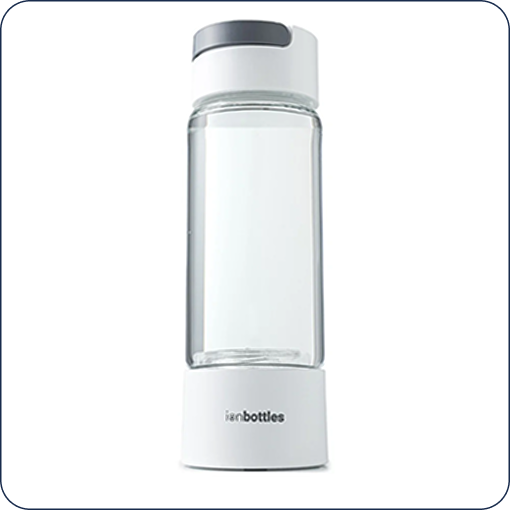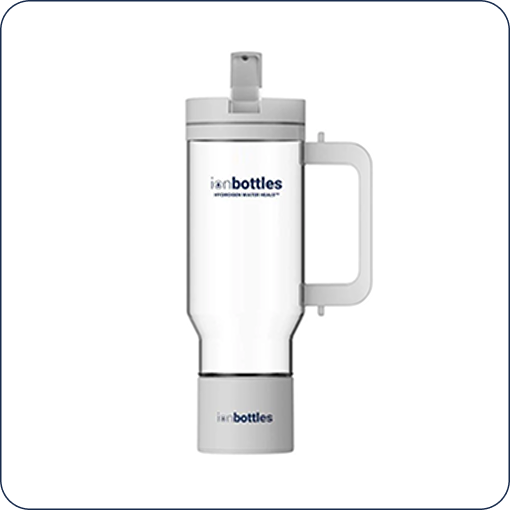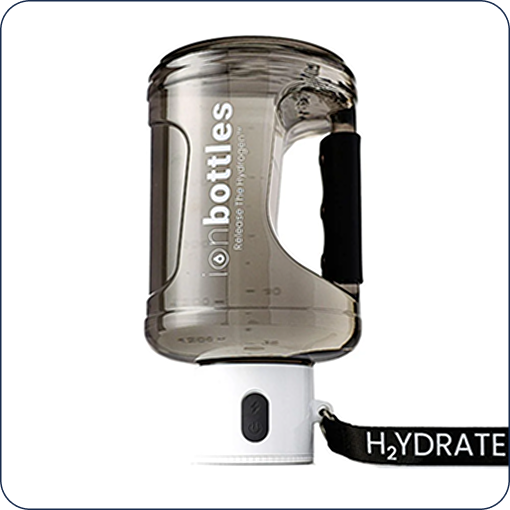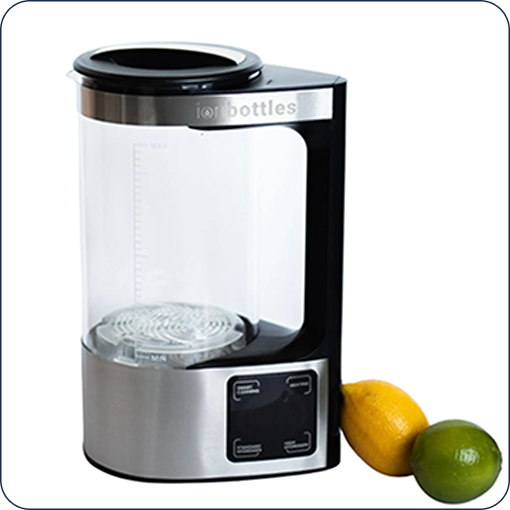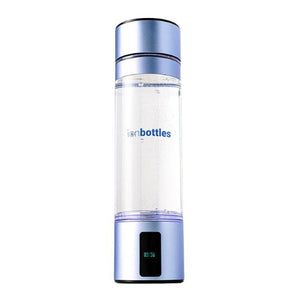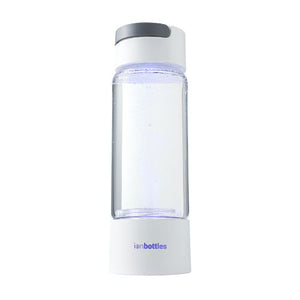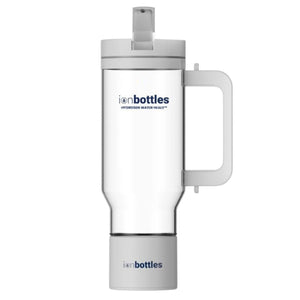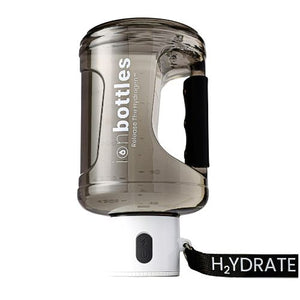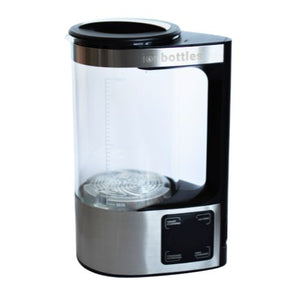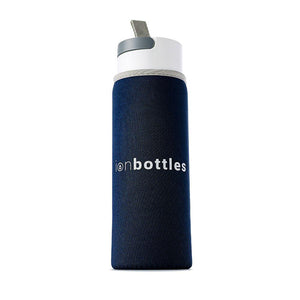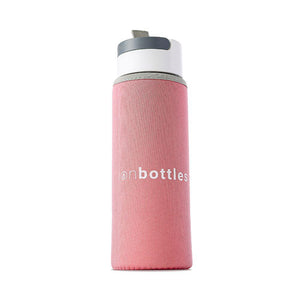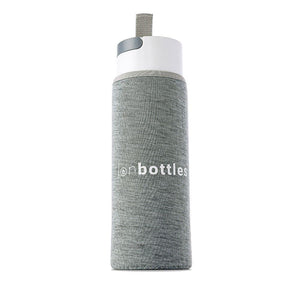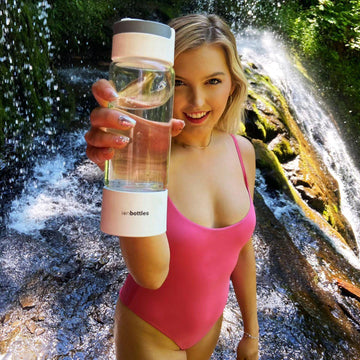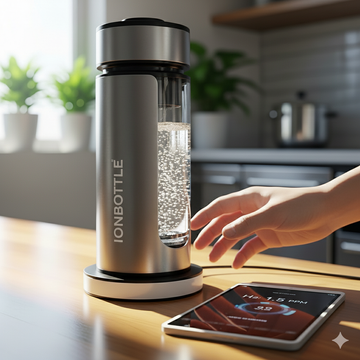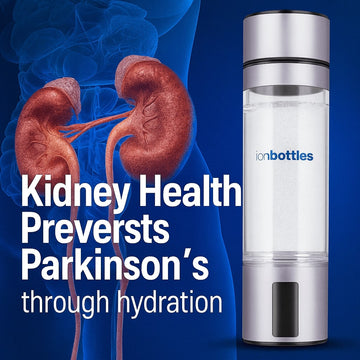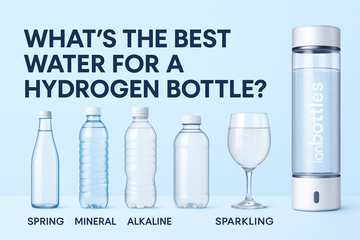In recent years, Prime Hydration has surged in popularity, captivating consumers with its vibrant flavors and claims of replenishing electrolytes for active lifestyles. Marketed as a go-to sports drink for athletes and fitness enthusiasts, Prime has made its mark as a favorite choice for those seeking quick hydration during workouts and everyday activities.
As more consumers scrutinize their beverage choices, questions arise about the true health benefits of such drinks, particularly regarding their sugar content and artificial ingredients.
On the other hand, hydrogen water is gaining traction as a health-conscious alternative. Infused with molecular hydrogen, this unique beverage is praised for its potential antioxidant properties and ability to reduce oxidative stress.
In this blog post, we’ll delve into a comparative analysis of Prime Hydration and hydrogen water. By examining the potential risks associated with Prime Hydration and highlighting the numerous benefits of hydrogen water, we aim to provide valuable insights to help you make informed hydration choices that prioritize your health and well-being.
Understanding Prime Hydration
Prime Hydration is a sports drink that has captured the attention of fitness enthusiasts and casual consumers alike. Designed to provide hydration and replenish electrolytes lost during physical activity, Prime is marketed as a refreshing solution for those seeking to enhance their performance and overall hydration.
Ingredients and Intended Benefits
The formulation of Prime Hydration includes a mix of electrolytes such as sodium, potassium, and magnesium, which are crucial for maintaining fluid balance and muscle function during exercise. Many flavors are fortified with vitamins, including B vitamins and antioxidants, which are intended to support energy metabolism and overall health. It’s important to note that Prime Hydration contains a relatively high sugar content, particularly in some flavors, which can contribute to unwanted calories and may lead to health concerns if consumed excessively.
Popular Flavors and Marketing Claims
Prime Hydration comes in a variety of enticing flavors designed to appeal to a broad audience. Some of the most popular options include Blue Raspberry, Tropical Punch, and Lemon Lime, each promising a burst of flavor that energizes and refreshes. The drink is marketed with bold claims, suggesting that it can enhance hydration, improve performance, and even aid in recovery. These enticing promises with vibrant packaging and effective marketing strategies, have helped Prime become a recognizable name in the sports drink market.
Target Audience and Intended Use
The primary target audience for Prime Hydration consists of athletes and fitness enthusiasts who engage in rigorous physical activities and seek effective hydration solutions. Casual drinkers drawn to the appealing flavors and branding may consume Prime as a refreshing beverage throughout their day, regardless of activity level. While it is designed to cater to those needing quick hydration, the combination of appealing flavors and health-oriented marketing has positioned Prime as a versatile option for anyone looking to quench their thirst, whether they are hitting the gym or simply enjoying an active lifestyle.
Potential Risks of Prime Hydration
While Prime Hydration offers appealing flavors and promises of hydration and performance enhancement, consumers should carefully consider these potential risks. Being informed about the ingredients and their implications can help individuals make better choices regarding their hydration and overall health. Understanding the downsides of Prime Hydration may lead consumers to explore healthier alternatives, such as hydrogen water, which we will discuss in the following sections.
Comparing Nutritional Value
Prime Hydration and Hydrogen Water
When comparing Prime Hydration and hydrogen water, there are key differences in ingredients, sugar content, electrolytes, and added benefits.
-
Ingredients: Prime Hydration often contains added sugars, artificial flavors, and colors, while hydrogen water typically consists of just water and infused molecular hydrogen.
-
Sugar: Many flavors of Prime Hydration have high sugar content, contributing to excess calorie intake. In contrast, hydrogen water is sugar-free, making it a more suitable option for those avoiding added sugars.
-
Electrolytes: While Prime Hydration is formulated with electrolytes like sodium and potassium, hydrogen water lacks these added electrolytes. However, the benefits of hydrogen gas may compensate for this difference by providing targeted cellular support.
-
Added Benefits: Hydrogen water offers unique antioxidant properties that Prime Hydration does not provide, making it a potentially healthier choice for individuals seeking more than just hydration.
Making the Right Choice
Choosing between Prime Hydration and hydrogen water ultimately depends on individual needs and preferences. Some may prioritize electrolyte replenishment during high-intensity workouts, while others might seek the antioxidant benefits of hydrogen water for general health and wellness. Personal experience plays a crucial role in determining which beverage aligns better with one’s lifestyle and fitness goals.
As always, it's essential to consult with healthcare professionals before making significant dietary changes, especially for those with underlying health conditions or specific nutritional needs. By understanding the unique benefits and potential drawbacks of each option, individuals can make informed decisions that best support their health and hydration needs.